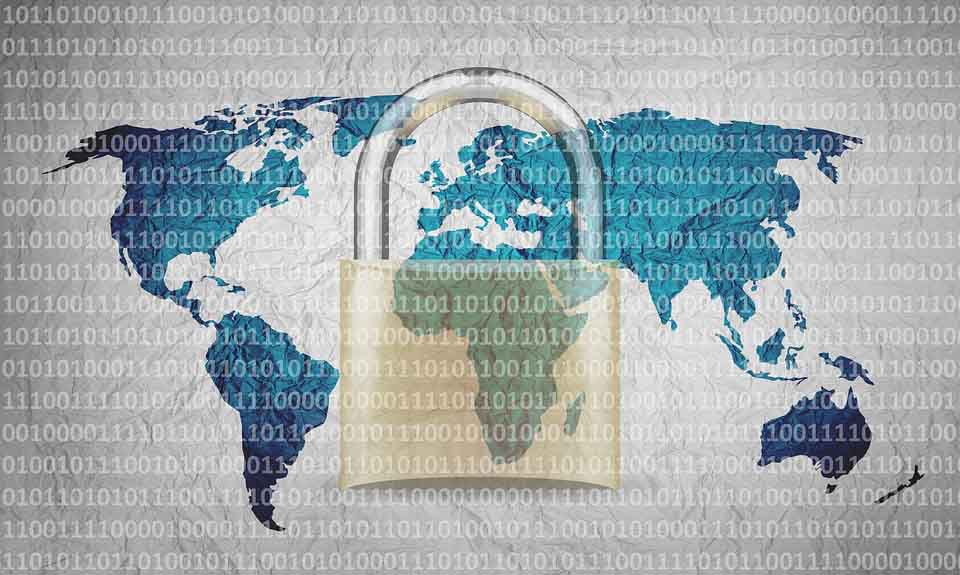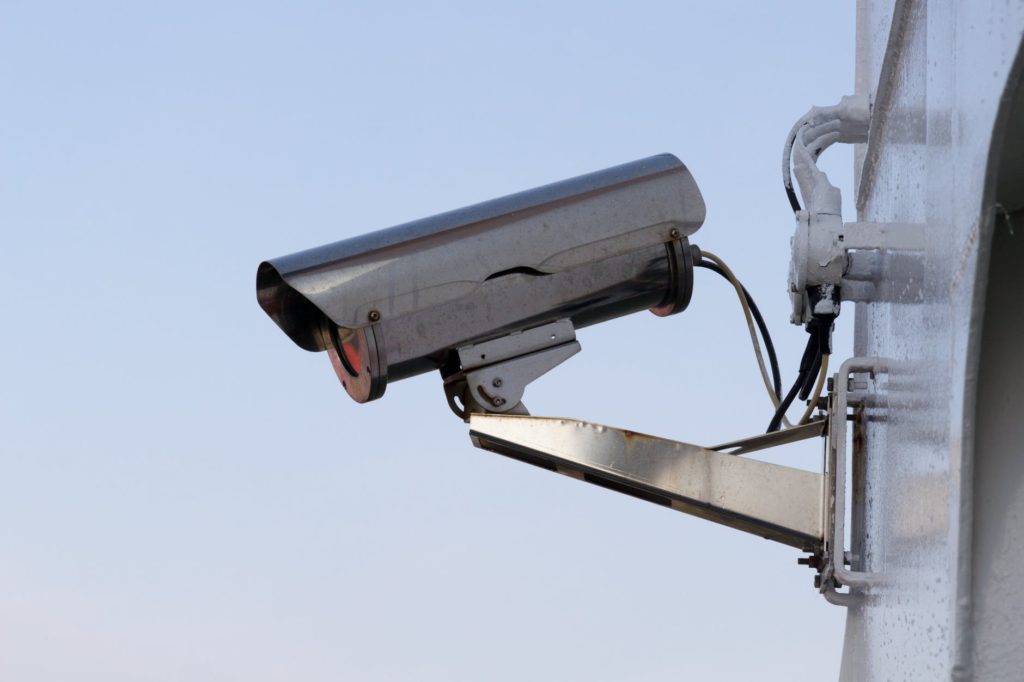My blog focuses on Financial Literacy/Money, Business/Entrepreneurship and Technology. Most businesses today have an online presence and there are thus cybersecurity threats of all kinds. It’s thus an area that it’s important to be knowledgeable of. The following contributed post is entitled, 5 Business Cybersecurity Questions You Always Wanted To Ask.
* * *

Cybersecurity is something that every business has to consider. It’s mandatory given today’s environment.
However, most companies aren’t asking the right questions.
Fortunately, this post has some answers. It guides you on where to look and which questions to ask so you can get responses from your team that allow you to move forward and protect your brand.
Here are some questions we’re going to answer in this post:
● How do phishing attacks work?
● What is continuous penetration testing?
● How do we assess our company’s cybersecurity risks?
● How does my brand balance cybersecurity with user and customer convenience?
● How can I stay ahead of evolving cyber threats in my industry?
How Do Phishing Attacks Work?
These days, many businesses want to know how phishing attacks work. These are among the most challenging of all, because of the human element.
Phishing attacks are where hackers use clever techniques to get unsuspecting staff members with network access to divulge the information they require to compromise company systems. Usually, phishing attempts take the form of emails sent to inboxes that look legitimate but that forward employees to fake websites where they can enter proprietary information.
What Is Continuous Penetration Testing?
Continuous penetration testing is a form of proactive cyber security where one firm pays another to constantly try to overwhelm its cyber defenses. It’s a sort of exercise for network security, ensuring that it is always up to date.
If penetration is successful, it allows the brand to highlight the weak spot and address it. The idea is to continuously improve the network with attacks and then reduce vulnerabilities at every step.
What’s nice about continuous penetration testing is that it’s completely safe. Anyone company can work with a trusted firm to do it and protect themselves.
How Do We Assess Our Company’s Cybersecurity Risks?
Assessing your company’s cybersecurity risks is a challenging endeavor and something you’ll need to put some considerable time and effort into. The best approach is to get a third party firm to audit your current measures and produce a report recommending improvements, if there are any.
Usually, your software-based defenses will be satisfactory. However, your staff training might be less than perfect and represent a weak point for your firm. After the report comes through, you can see what needs improving and get to work immediately.
How Does My Brand Balance Cybersecurity With User And Customer Convenience?

This question is even more challenging to answer. Usually, it means looking for ways to streamline logins and ensure that security methods are in the background, out of the way of the user experience.
The best way to get around this is to invest in systems that make signing up and logging in safe in the first place. This can annoy some customers, but going through it with them will sometimes also appease them.
How Can I Stay Ahead Of Evolving Cyber Threats In My Industry?
You’ll want to work with professionals who understand the current state of play and what is likely to happen in the future. Industry magazines and cybersecurity journals are a great place to start.




